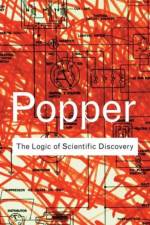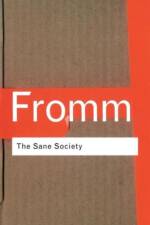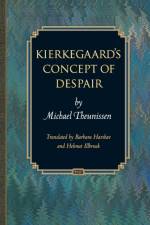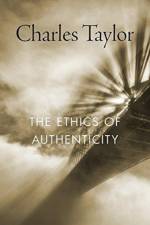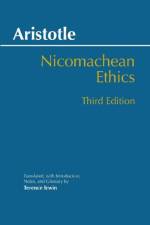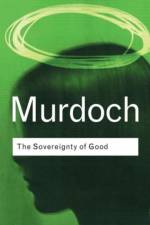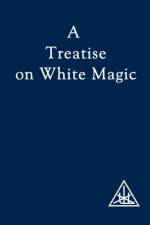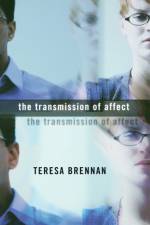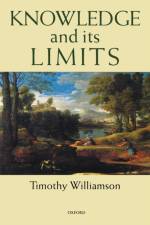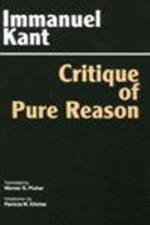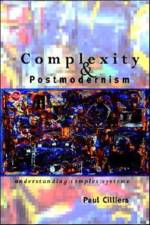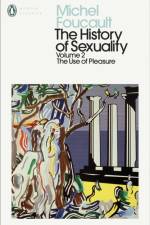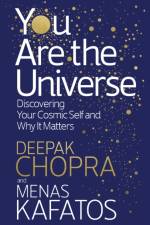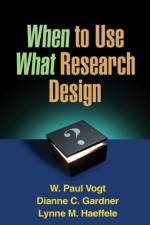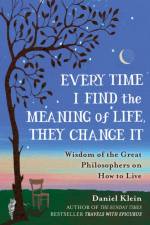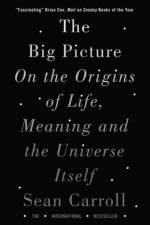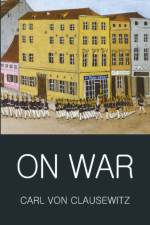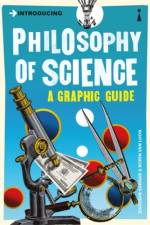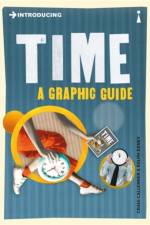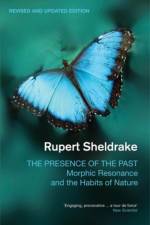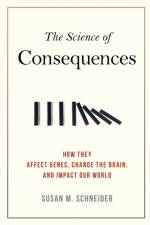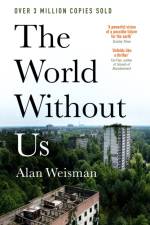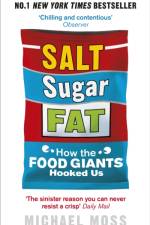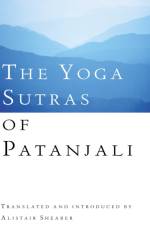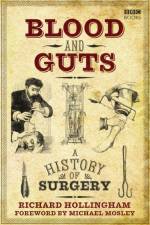av W. Paul Vogt, Dianne C. Gardner & Lynne M. Haeffele
699
Systematic, practical, and accessible, this is the first book to focus on finding the most defensible design for a particular research question. Thoughtful guidelines are provided for weighing the advantages and disadvantages of various methods, including qualitative, quantitative, and mixed methods designs. The book can be read sequentially or readers can dip into chapters on specific stages of research (basic design choices, selecting and sampling participants, addressing ethical issues) or data collection methods (surveys, interviews, experiments, observations, archival studies, and combined methods). Many chapter headings and subheadings are written as questions, helping readers quickly find the answers they need to make informed choices that will affect the later analysis and interpretation of their data. Useful features include: *Easy-to-navigate part and chapter structure. *Engaging research examples from a variety of fields. *End-of-chapter tables that summarize the main points covered. *Detailed suggestions for further reading at the end of each chapter. *Integration of data collection, sampling, and research ethics in one volume. *Comprehensive glossary. See also Vogt et al.'s Selecting the Right Analyses for Your Data, which addresses the next steps in coding, analyzing, and interpreting data.

